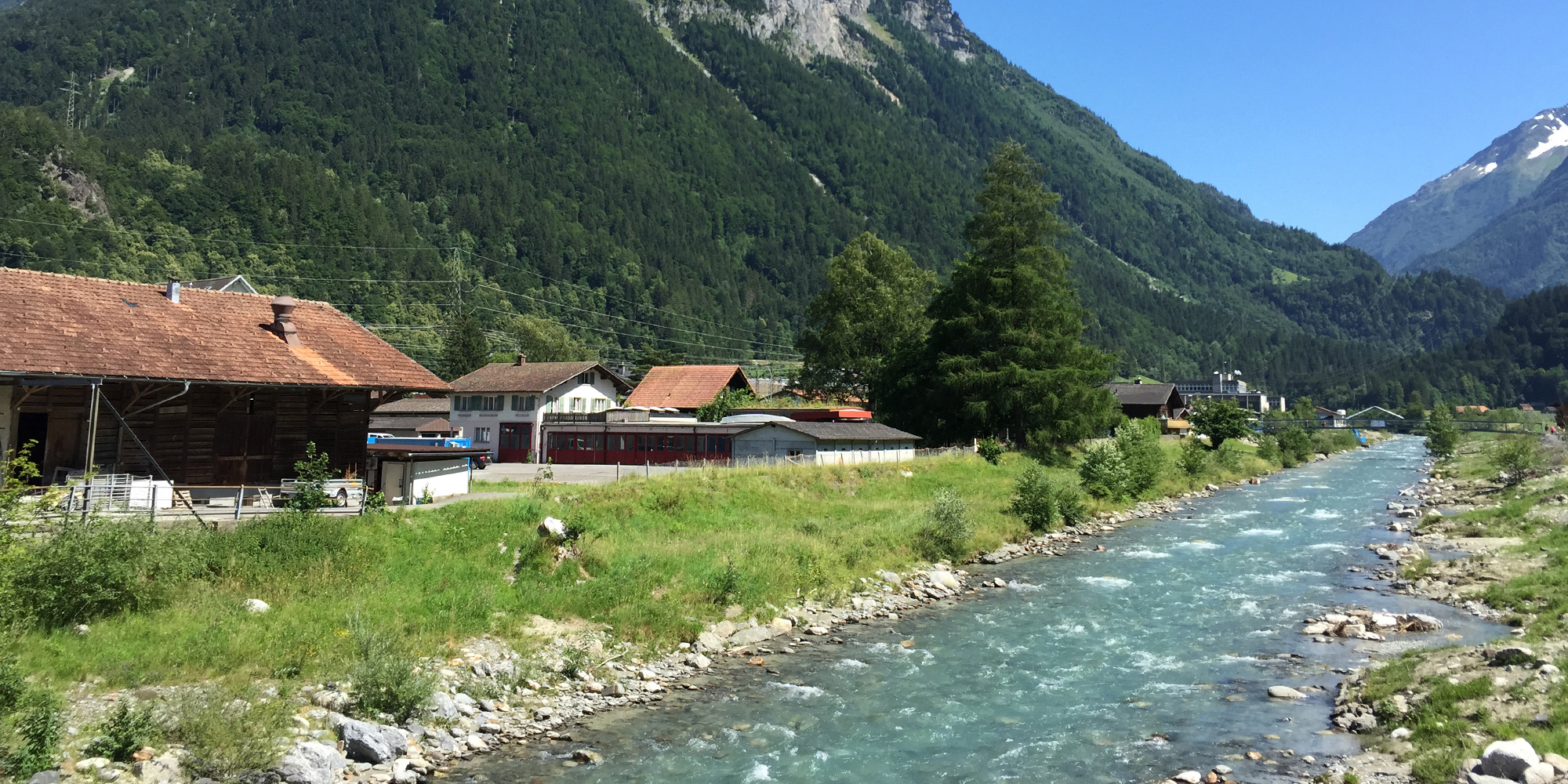How previous experiences shape actors’ current perspectives in integrated natural resource management
Raphael Gaus and co-authors have published a new paper in People and Nature about how previous experience in natural resource planning shape participants’perspectives? Diverse participation in natural resource planning has become standard.

Normally, key actors of relevant interest groups are involved in these participatory processes, which brings about two challenges often mentioned in research literature: Firstly, these key actors are at risk of becoming tired of spending a lot of time on advisory boards or workshops, if they do not experience a significant benefit for their interest group. Secondly, these key actors may learn and change their perspectives during the repeated negotiations with other key actors and thus gradually change their personal views and demands or the position of their interest group.
To study our initial question, we interviewed and surveyed over 50 participants in Hasli 2050, a series of 10 planning workshops in the Swiss Canton of Bern, which produced consensus guidance to the federal and cantonal governments for managing the watershed of the river Hasliaare. We found that the quality and quantity of experiences influence the actors’ knowledge, mental models, and beliefs. For example, the type of experience across three domains – water management, participation, or politics – influences which issues the actors care about most. Actors with more experience generally have more information and broader perspectives. Actors with less experience are particularly curious about approaches to water management. Actors with more negative experience in water management, participation, and politics can nevertheless be motivated when it comes to participatory processes and natural resource planning.
More information can be found here: external pagehttps://doi.org/10.1002/pan3.10541
